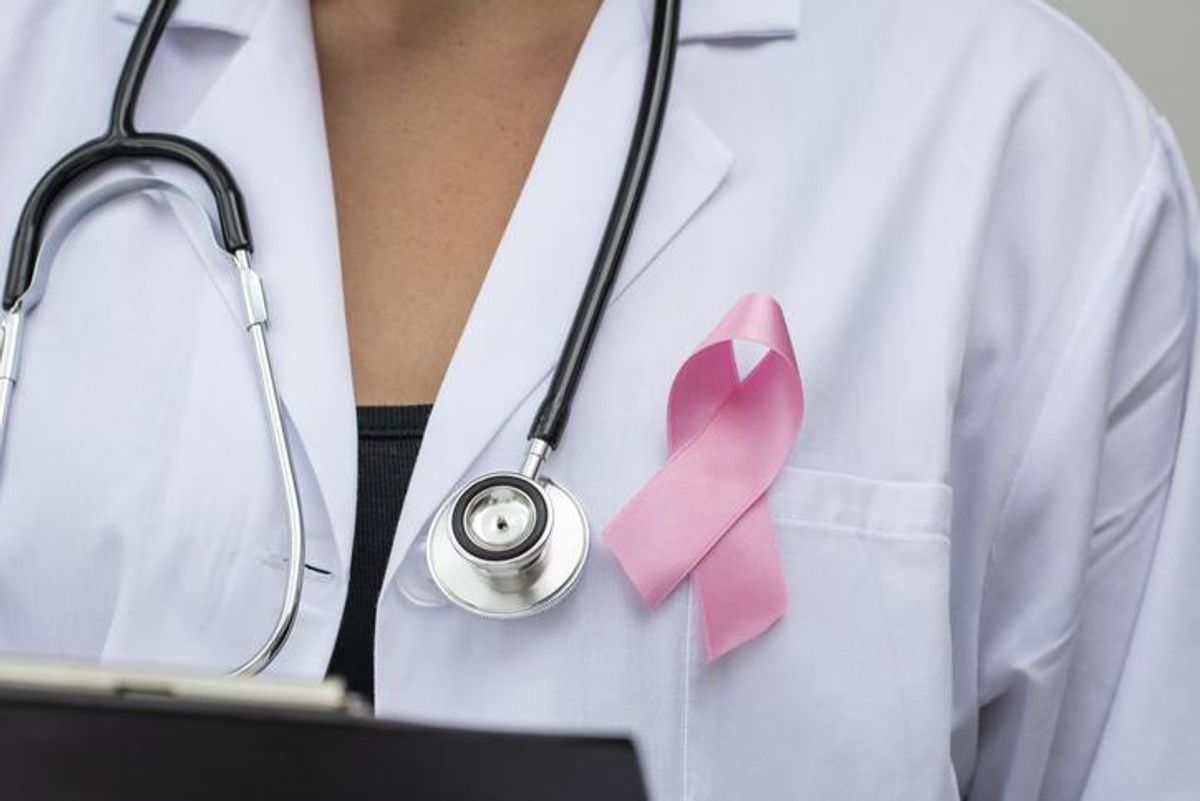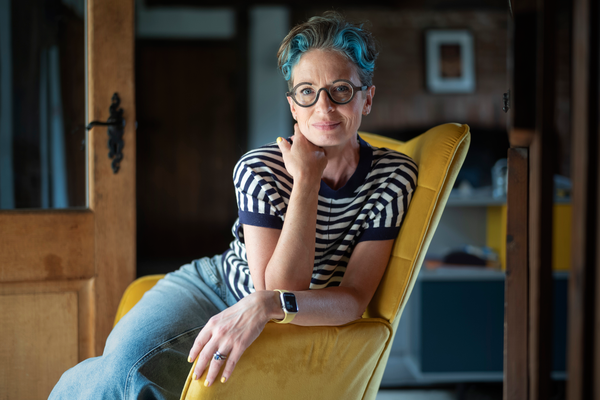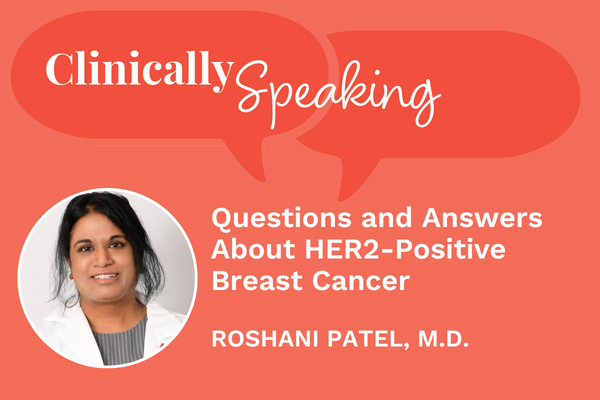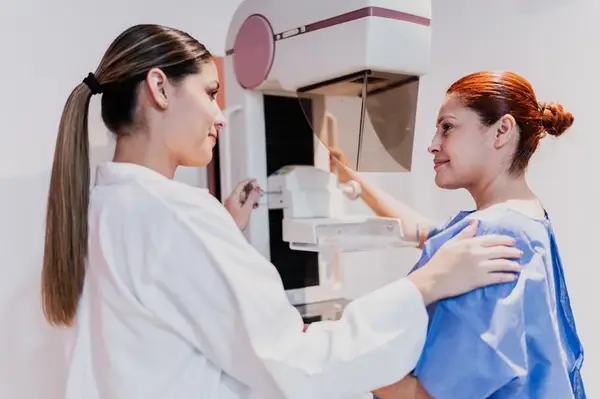I still remember that day so clearly. I was sitting across from my breast cancer surgeon when she held up an image. “It looks like a bomb went off in your chest,” she said.
I thought this sounded a bit dramatic, but apparently the lump I discovered a few weeks earlier was just the tip of the cancer-berg in my right breast. Based on the imaging and a prior biopsy, we were looking at advanced breast cancer, which is when the disease has spread to the lymph nodes (stage 3) or other areas of the body (stage 4).
The next step? Form a plan of attack.
Follow-up appointment plan
After diagnosis, usually in a follow-up appointment, your doctor or breast cancer surgeon will go over the recommended treatment plan and answer any questions. So before meeting the doctor, write down all the questions you may have about the diagnosis and next steps (here’s a good checklist).
Typically, the consultation will go over test results and explain any follow-up tests, including a biopsy if one has not yet been done. A biopsy involves collecting a tissue sample with a needle or, less commonly, through surgery. Additional tests, including genetic testing, may be necessary, along with appointments with a plastic surgeon, radiologist and other doctors depending on diagnosis.
Second step: a second opinion?
After the treatment plan, it’s common for advanced breast cancer patients to get a second opinion. This may sound awkward, but even if you like your doctor, a different set of eyes may be helpful. “A second opinion is a good thing, especially regarding advanced breast cancer because of the many alternatives and clinical trials,” said Dr. Kristen Zarfos, medical director and breast surgeon at St. Francis Hospital and a member of HealthyWomen’s Women’s Health Advisory Council. “You want the patient to know all her options.”
You may also want to get a second opinion if you and your initial healthcare provider don’t communicate well together or to meet insurance requirements. Zarfos recommends researching a local National Cancer Institute cancer center for options or asking your primary care physician/oncologist for a referral — as long as it doesn’t delay treatment. “The opinion may not even change anything, but it gives you peace of mind,” Zarfos said.
During a second-opinion consultation, the expert will review your medical records and give an opinion. For women who may struggle with finding an expert, Zarfos said telehealth is a good way to connect or meet with a specialist about clinical trials and new therapies for advanced breast cancer.
Trials and treatments
Treatment options for advanced breast cancer can vary quite a bit. Stage 3 breast cancer typically involves some combination of surgery, chemotherapy, radiation and drug therapy. Stage 4 cannot be cured; therefore, treatment relies on a combination of medication and targeted therapy to help slow progression. But Zarfos said treatment options are constantly advancing.
Clinical trials offer the latest drug therapies or newest combinations of drug therapies and may be a good option for certain cancers. (To research clinical trials that may be available, try this clinical trial search tool).
The best way to move forward with any treatment or clinical trial is to talk to your doctor about options.
For women with limited medical options and barriers to treatment, organizations such as the American Cancer Society and CancerCare help provide local resources, support groups and financial assistance in addition to other cancer-related services.
Advanced breast cancer can raise more questions than answers — but a good plan of attack can help with whatever comes next.
This resource was created with support from Merck and Sanofi.
- The Link Between Breast Cancer and Bone Health - HealthyWomen ›
- Why Your Breast Cancer Might Be Missed - HealthyWomen ›
- Breast Cancer - HealthyWomen ›
- Breast Cancer Is the Leading Cause of Cancer Death in Latina ... ›
- Metastatic Breast Cancer - HealthyWomen ›
- Understanding Advanced Breast Cancer Treatment - HealthyWomen ›
- Understanding Advanced Breast Cancer Treatment - HealthyWomen ›
- Questions to Ask After a Breast Cancer Diagnosis - HealthyWomen ›
- List of Breast Cancer Resources - HealthyWomen ›
- Advanced Breast Cancer: Provider's Perspective - HealthyWomen ›






